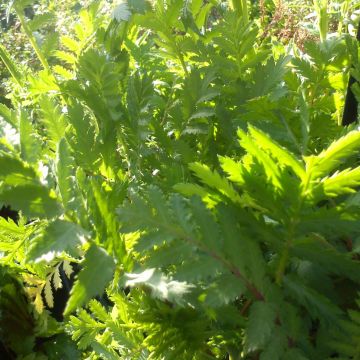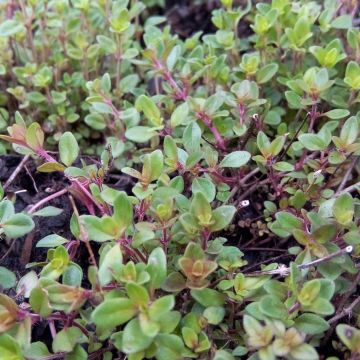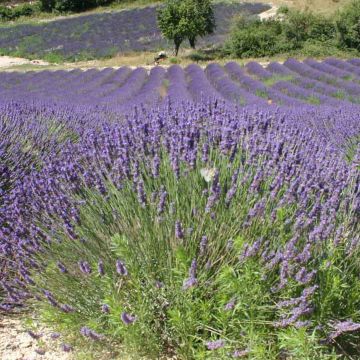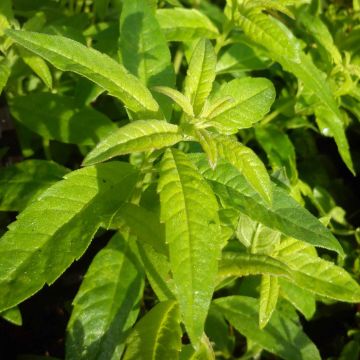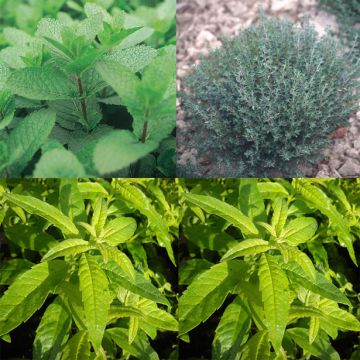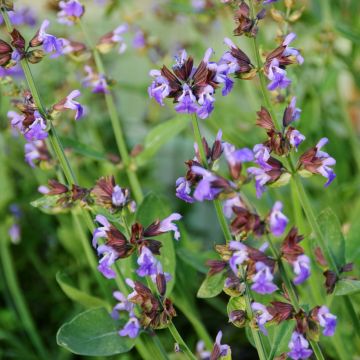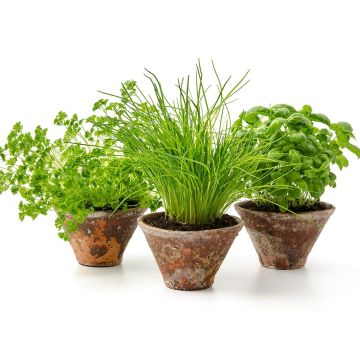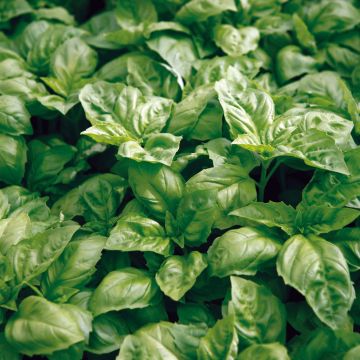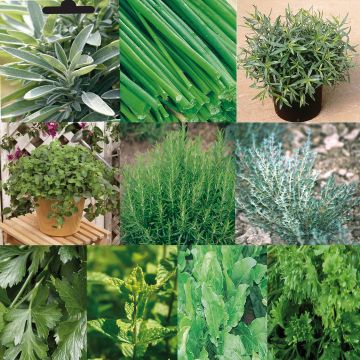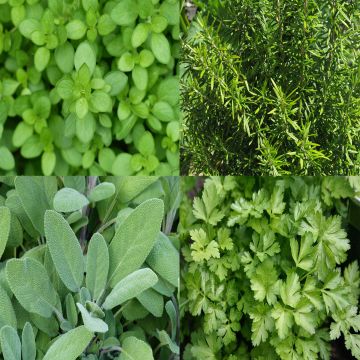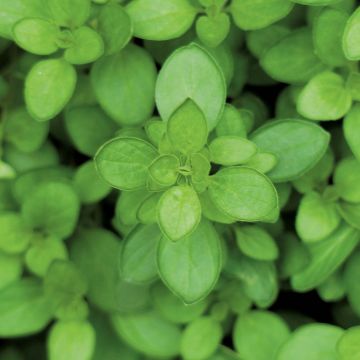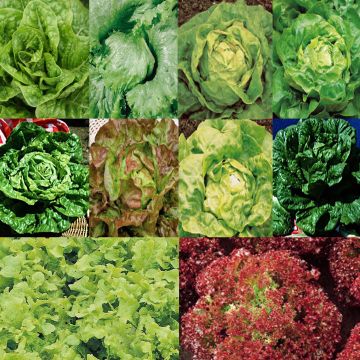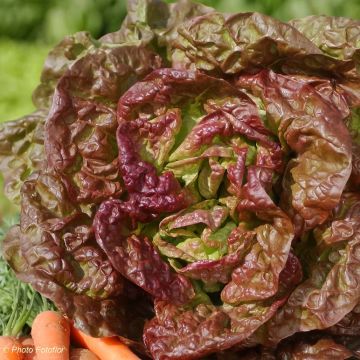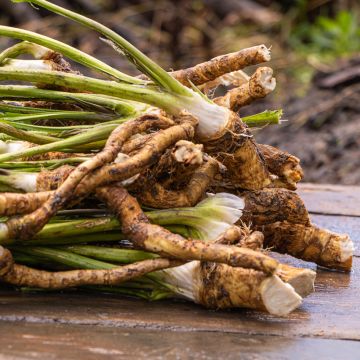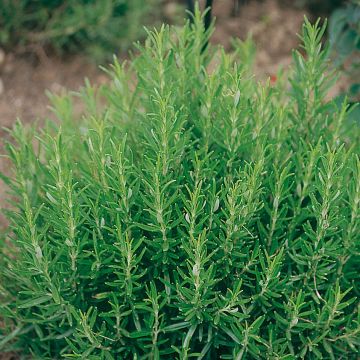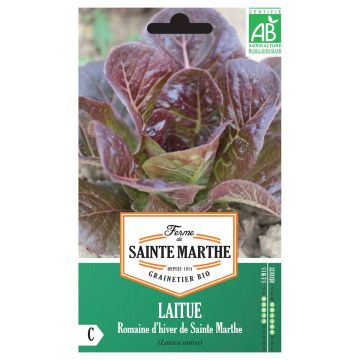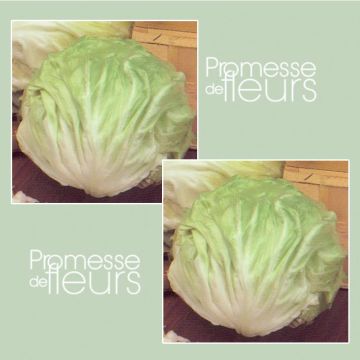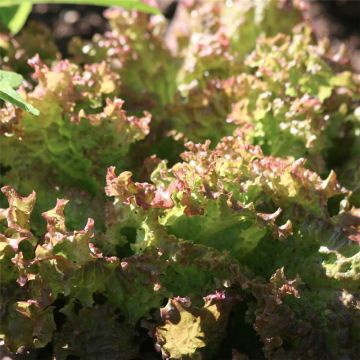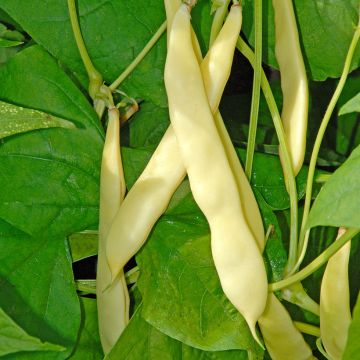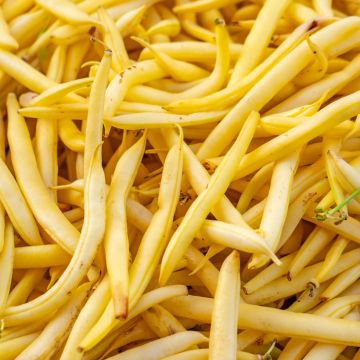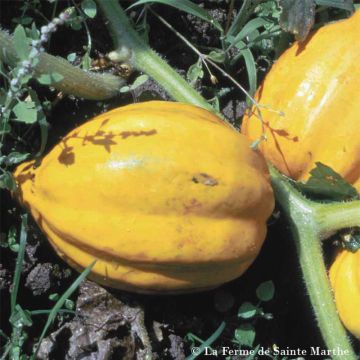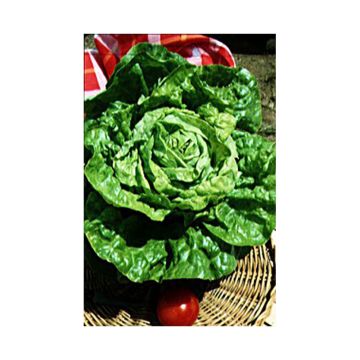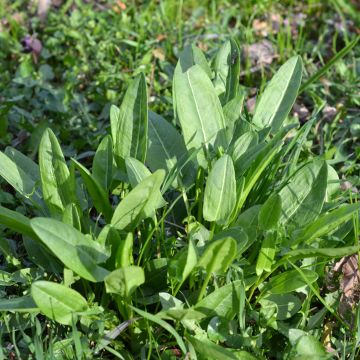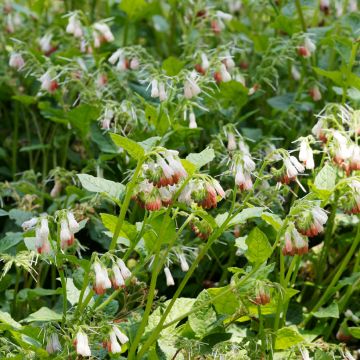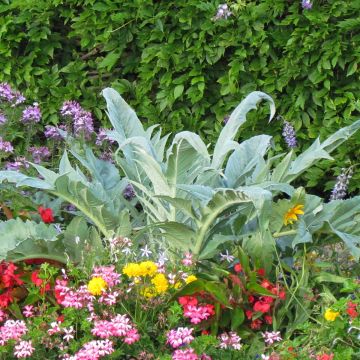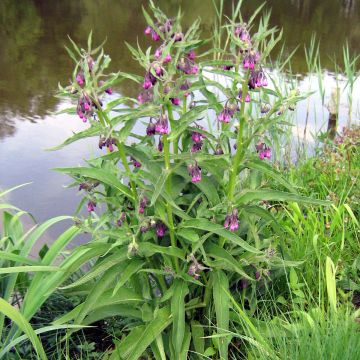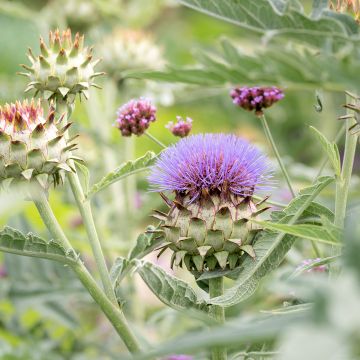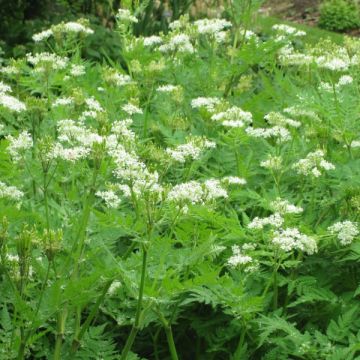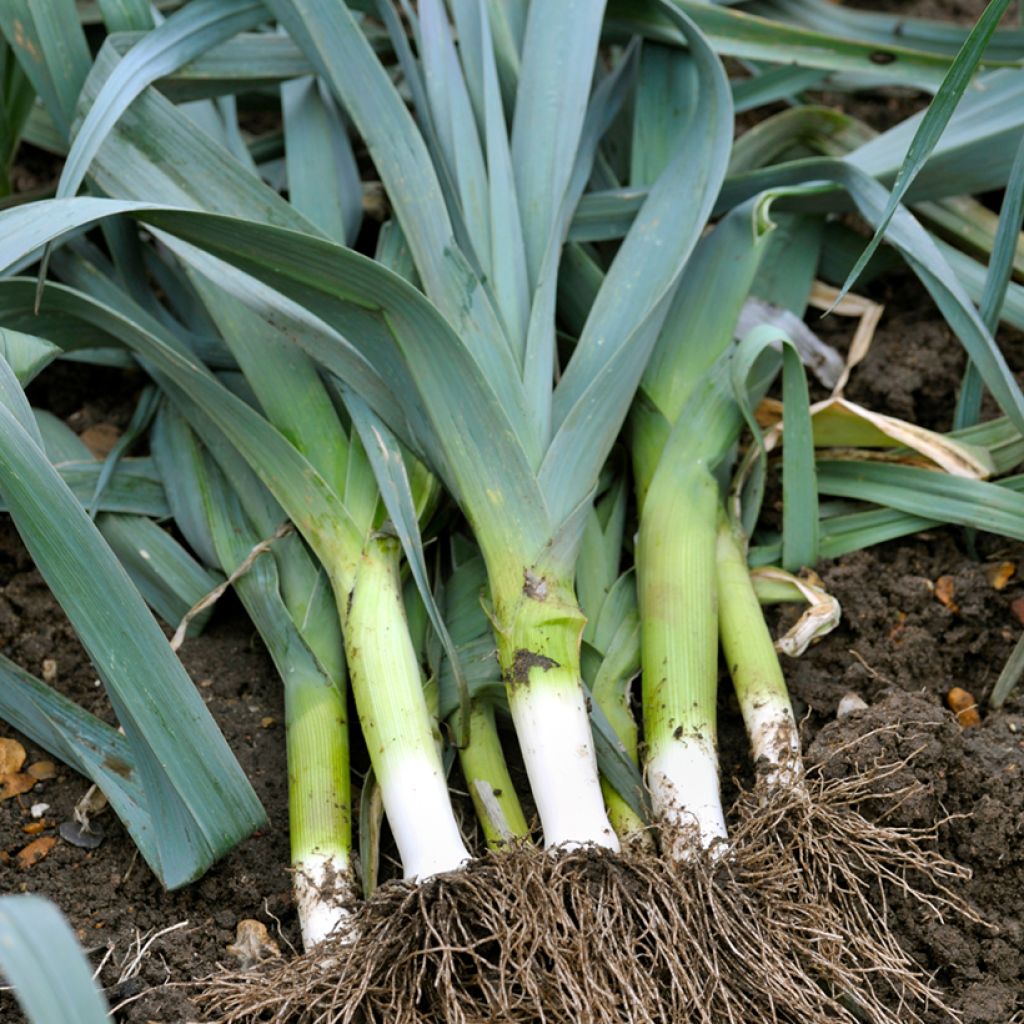

Organic Perpetual Leek - Allium ampeloprasum
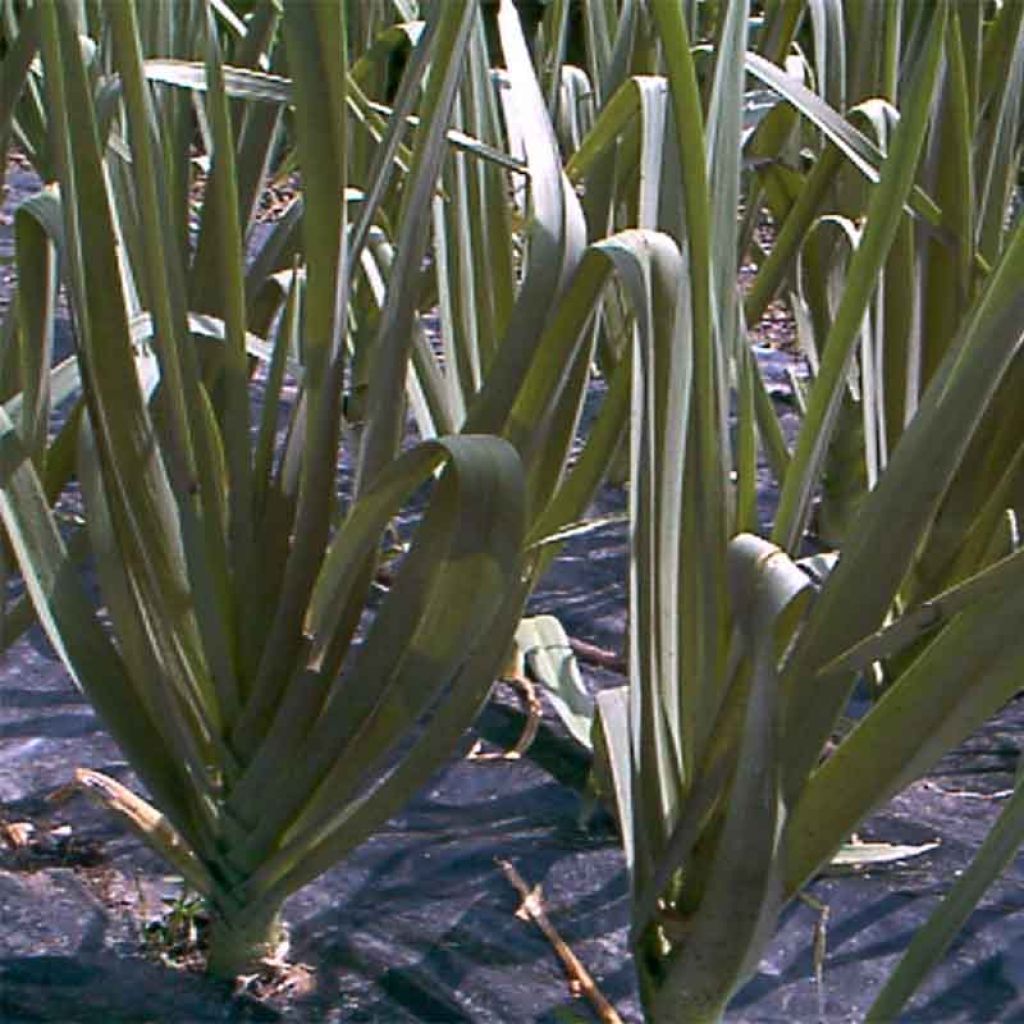

Organic Perpetual Leek - Allium ampeloprasum
Organic Perpetual Leek - Allium ampeloprasum
Allium ampeloprasum
Leek, Wild leek, Elephant garlic, Broadleaf wild leek, Perpetual leek
Why not try an alternative variety in stock?
View all →This plant carries a 6 months recovery warranty
More information
We guarantee the quality of our plants for a full growing cycle, and will replace at our expense any plant that fails to recover under normal climatic and planting conditions.
From €5.90 for pickup delivery and €6.90 for home delivery
Express home delivery from €8.90.
Description
Allium ampeloprasum produces small boles that are particularly tasty. This hardy perennial can remain in place for several years in the vegetable garden, making it ideal for permaculture. The leaves are consumed cooked, in the same way as other varieties of leeks. Plant from March to October for a harvest from September to May.
Allium ampeloprasum belongs to the large Amaryllidaceae family. It is the ancestor of the leek usually cultivated in vegetable gardens. It forms a compact clump, growing over time to a height of 60 to 80cm (24 to 32in). Its green leaves are sheathed, forming small shoots. It is hardy perennial (-25°C (-13°F)) that establishes itself in the vegetable garden for several years. It enters dormancy in summer and loses its foliage, which will reappear in autumn.
The small shoots have a tasty flavour that is appreciated in cooking. The leaves can be cooked and prepared like other varieties of leeks: in stir-fries, gratins, soups, stews, quiches, with cream or even in vinaigrette.
Harvesting: harvest as needed from September to May. Cut the leaves 2cm (1in) above the ground. Remove any soil that may have been pushed up for hilling, if necessary. The leaves regrow quite quickly, ensuring successive harvests on the same plant. In the first year, harvest moderately in spring to help the plant establish.
Storage: the leaves should be consumed quickly after harvest.
Gardener's Tip: plant it next to carrots. Do not grow it next to legumes (beans, peas, fava beans) in the same family.
Report an error about the product description
Organic Perpetual Leek - Allium ampeloprasum in pictures
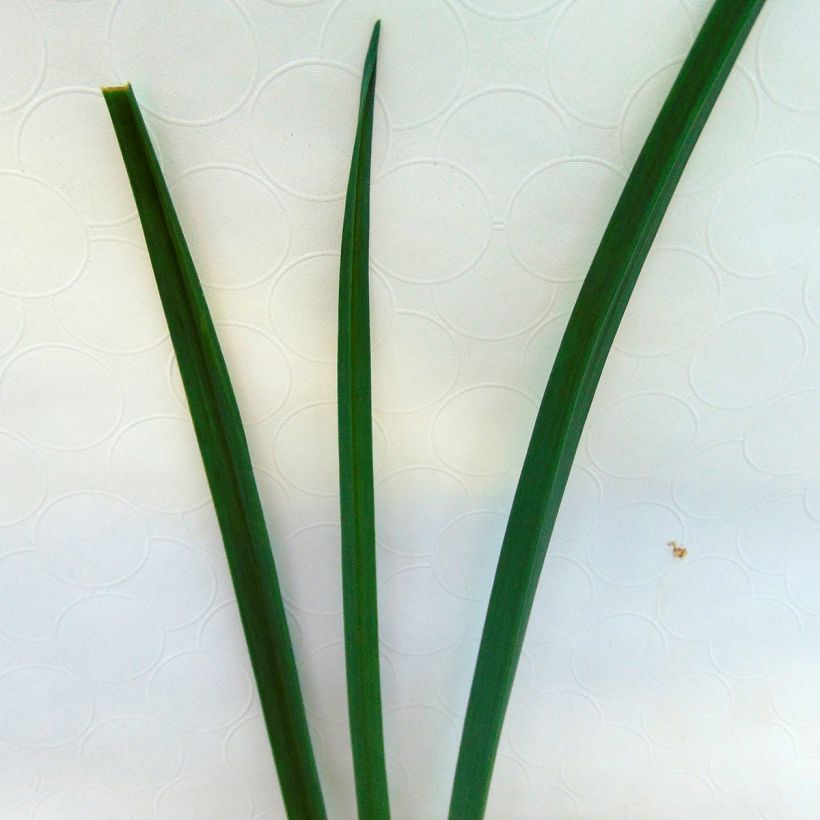

Harvest
Plant habit
Foliage
Other Vegetable garden A to Z
Planting and care
Choose a sunny or partially shaded location. It prefers rich, well-drained soil with a sandy and limestone tendency. In acidic soil, a limestone amendment will be appreciated. A few months before planting, add well-rotted compost by raking it into the soil after loosening it. Remove any stones and weeds. Planting can take place from spring to autumn.
Space the bulbs 25cm (10in) apart in all directions. Dig a hole, place the root ball, and cover with fine soil. Firmly press down and water. Mound the plants, bringing the soil up a few centimetres in height.
Plan for an annual compost application on the surface.
It does not require watering in summer, even in hot regions. It is more resistant to diseases and pests, especially the leek moth.
It can multiply from the bulblets that form next to the main bulb.
Cultivation
Care
Intended location
-
, onOrder confirmed
Reply from on Promesse de fleurs
Old and forgotten vegetables
Haven't found what you were looking for?
Hardiness is the lowest winter temperature a plant can endure without suffering serious damage or even dying. However, hardiness is affected by location (a sheltered area, such as a patio), protection (winter cover) and soil type (hardiness is improved by well-drained soil).

Photo Sharing Terms & Conditions
In order to encourage gardeners to interact and share their experiences, Promesse de fleurs offers various media enabling content to be uploaded onto its Site - in particular via the ‘Photo sharing’ module.
The User agrees to refrain from:
- Posting any content that is illegal, prejudicial, insulting, racist, inciteful to hatred, revisionist, contrary to public decency, that infringes on privacy or on the privacy rights of third parties, in particular the publicity rights of persons and goods, intellectual property rights, or the right to privacy.
- Submitting content on behalf of a third party;
- Impersonate the identity of a third party and/or publish any personal information about a third party;
In general, the User undertakes to refrain from any unethical behaviour.
All Content (in particular text, comments, files, images, photos, videos, creative works, etc.), which may be subject to property or intellectual property rights, image or other private rights, shall remain the property of the User, subject to the limited rights granted by the terms of the licence granted by Promesse de fleurs as stated below. Users are at liberty to publish or not to publish such Content on the Site, notably via the ‘Photo Sharing’ facility, and accept that this Content shall be made public and freely accessible, notably on the Internet.
Users further acknowledge, undertake to have ,and guarantee that they hold all necessary rights and permissions to publish such material on the Site, in particular with regard to the legislation in force pertaining to any privacy, property, intellectual property, image, or contractual rights, or rights of any other nature. By publishing such Content on the Site, Users acknowledge accepting full liability as publishers of the Content within the meaning of the law, and grant Promesse de fleurs, free of charge, an inclusive, worldwide licence for the said Content for the entire duration of its publication, including all reproduction, representation, up/downloading, displaying, performing, transmission, and storage rights.
Users also grant permission for their name to be linked to the Content and accept that this link may not always be made available.
By engaging in posting material, Users consent to their Content becoming automatically accessible on the Internet, in particular on other sites and/or blogs and/or web pages of the Promesse de fleurs site, including in particular social pages and the Promesse de fleurs catalogue.
Users may secure the removal of entrusted content free of charge by issuing a simple request via our contact form.
The flowering period indicated on our website applies to countries and regions located in USDA zone 8 (France, the United Kingdom, Ireland, the Netherlands, etc.)
It will vary according to where you live:
- In zones 9 to 10 (Italy, Spain, Greece, etc.), flowering will occur about 2 to 4 weeks earlier.
- In zones 6 to 7 (Germany, Poland, Slovenia, and lower mountainous regions), flowering will be delayed by 2 to 3 weeks.
- In zone 5 (Central Europe, Scandinavia), blooming will be delayed by 3 to 5 weeks.
In temperate climates, pruning of spring-flowering shrubs (forsythia, spireas, etc.) should be done just after flowering.
Pruning of summer-flowering shrubs (Indian Lilac, Perovskia, etc.) can be done in winter or spring.
In cold regions as well as with frost-sensitive plants, avoid pruning too early when severe frosts may still occur.
The planting period indicated on our website applies to countries and regions located in USDA zone 8 (France, United Kingdom, Ireland, Netherlands).
It will vary according to where you live:
- In Mediterranean zones (Marseille, Madrid, Milan, etc.), autumn and winter are the best planting periods.
- In continental zones (Strasbourg, Munich, Vienna, etc.), delay planting by 2 to 3 weeks in spring and bring it forward by 2 to 4 weeks in autumn.
- In mountainous regions (the Alps, Pyrenees, Carpathians, etc.), it is best to plant in late spring (May-June) or late summer (August-September).
The harvesting period indicated on our website applies to countries and regions in USDA zone 8 (France, England, Ireland, the Netherlands).
In colder areas (Scandinavia, Poland, Austria...) fruit and vegetable harvests are likely to be delayed by 3-4 weeks.
In warmer areas (Italy, Spain, Greece, etc.), harvesting will probably take place earlier, depending on weather conditions.
The sowing periods indicated on our website apply to countries and regions within USDA Zone 8 (France, UK, Ireland, Netherlands).
In colder areas (Scandinavia, Poland, Austria...), delay any outdoor sowing by 3-4 weeks, or sow under glass.
In warmer climes (Italy, Spain, Greece, etc.), bring outdoor sowing forward by a few weeks.

































